Can Compostable Packaging Recovery Help States Reduce Food Waste and Advance Zero Waste Goals? The Composting Consortium’s Toolkit Offers Policymakers the Resources to Get Started
May 08, 2024
The Composting Consortium provides key insights on developing policy that can help U.S. states meet zero waste goals.
May 8, 2024, New York, NY – In response to the rise of food waste legislation and increasing commitments to zero waste and climate action, the Composting Consortium, managed by the Center for the Circular Economy at Closed Loop Partners, releases The Compost Policy Toolkit. This comprehensive toolkit equips policymakers, regulators, composters, brands and retailers with the insights and tools needed to navigate a complex policy landscape around compostable packaging and keep food out of landfill by diverting food scraps towards composting infrastructure. The Toolkit covers three pressing topics in policy today, including Extended Producer Responsibility (EPR), labeling laws and compost end market expansion.
The Composting Consortium, a multi-year collaborative effort focused on advancing circular solutions for food-contact compostable packaging and scaling composting infrastructure, emphasizes the importance of policy in addressing organic waste and advancing circular outcomes, alongside design innovation and recovery infrastructure.
The Compost Policy Toolkit is released at a critical juncture. In the U.S. today, approximately 24% of landfill is food waste, emitting roughly 55 million metric tons of greenhouse gas emissions—and 58% of fugitive methane emissions—per year. Reducing organic waste is recognized as a critical path to achieving critical climate targets. Compostable packaging is also increasingly seen as a mechanism to divert food scraps away from landfill, and the U.S. composting system is slowly transitioning, with more composting facilities now accepting food scraps and some forms of food-contact compostable packaging. To support this transition, policies must help ensure that new materials––such as compostable packaging––align with available infrastructure and markets, as well as incentivize proactive infrastructure development to ensure that these materials are responsibly processed.
U.S. policy on compostable packaging and organics is at a key inflection point. As awareness grows of the environmental impact of organic waste, more landfill bans and materials recovery policies are being implemented to advance packaging and food recovery. To date, ten U.S. states and several major cities have established organics bans. Four U.S. states—California, Colorado, Maine and Oregon—have adopted EPR laws for packaging, and several others have established study bills to evaluate the opportunity for EPR. There is also increasing attention on the importance of soil health, as seen by the proliferation of healthy soils policies and programs across the U.S. As momentum around policy accelerates, there is critical need to develop robust EPR laws that include food-contact compostable packaging, clear labeling laws that help customers and composters identify compostable packaging, and policies that expand the procurement and application of compost across the country.
The Composting Consortium’s toolkit includes insights on a range of policies that are critical to supporting the composting industry in the U.S. It provides policymakers, regulators, composters, brands and retailers with actionable insights on:
- Optimizing EPR for Composting: This brief explores the role of EPR in building composting infrastructure. It emphasizes the importance of conducting thorough needs assessments that account for composting infrastructure and certified food-contact compostable packaging.
- Clear and Consistent Labeling for Compostable Packaging: This brief shares consumer survey findings, highlighting the need for standardized labeling on compostable packaging to avoid confusion with non-compostable packaging, maximize consumer participation in organics diversion programs and support composters in accepting food-contact compostable packaging at their facilities.
- Policy Considerations for Supporting Compost Procurement: This brief explores strategies for promoting the purchase and use of finished compost to enhance our soils, including model procurement policies, compost application incentives and compost education programs.
The Compost Policy Toolkit is an outcome of the Composting Consortium’s in-depth research on policy, made possible by collaboration with key stakeholders across the composting industry. By outlining these key areas and offering practical recommendations, the toolkit aims to equip policymakers and regulators with the insights and best practices needed to navigate the complexities of compostable packaging and infrastructure development.
“Policy plays an important role in keeping resources in circulation whether for reuse systems or in support of robust recycling and composting infrastructure,” said Kate Daly, Managing Director of the Center for the Circular Economy at Closed Loop Partners. “We believe this Policy Toolkit is a valuable resource that will help accelerate the responsible growth of composting infrastructure and unlock the environmental and economic benefits of a circular organics economy.”
The Compost Policy Toolkit is available for download here.
About the Composting Consortium
The Composting Consortium is a multi-year collaboration to pilot industry-wide solutions and build a roadmap for investment in technologies and infrastructure that enable the recovery of compostable food packaging and food scraps. The Composting Consortium is managed by Closed Loop Partners’ Center for the Circular Economy. Learn more about the Consortium at https://www.closedlooppartners.com/composting-consortium/
About the Center for the Circular Economy at Closed Loop Partners
The Center for the Circular Economy is the innovation arm of Closed Loop Partners, a firm at the forefront of building the circular economy. The Center executes research and analytics, unites organizations to tackle complex material challenges and implements systemic change that advances the circular economy. The Center for the Circular Economy’s expertise spans circularity across the full lifecycle of materials, connecting upstream innovation to downstream recovery infrastructure and end markets. Learn more about the Center for the Circular Economy at https://www.closedlooppartners.com/the-center/
Related posts

Press Release
Closed Loop Partners’ Composting Consortium Launches...
The grant program for composters and communities comes...
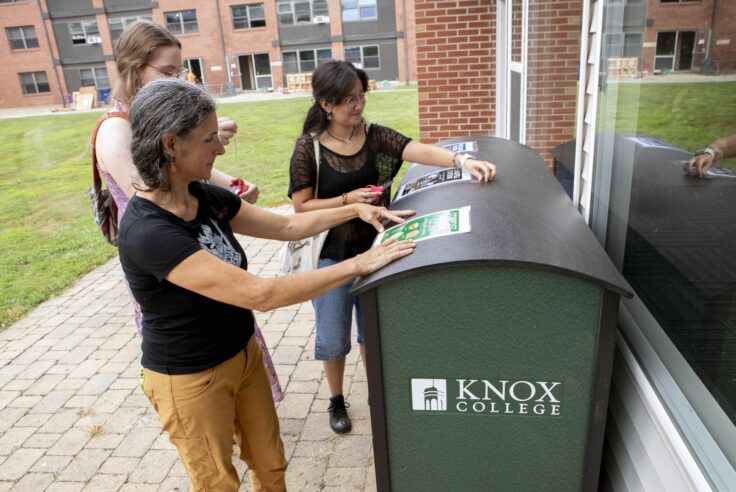
Blog Post
Keeping Compost Clean: Tools to Help Reduce Contamination...
The Composting Consortium interviews EcoProducts to...
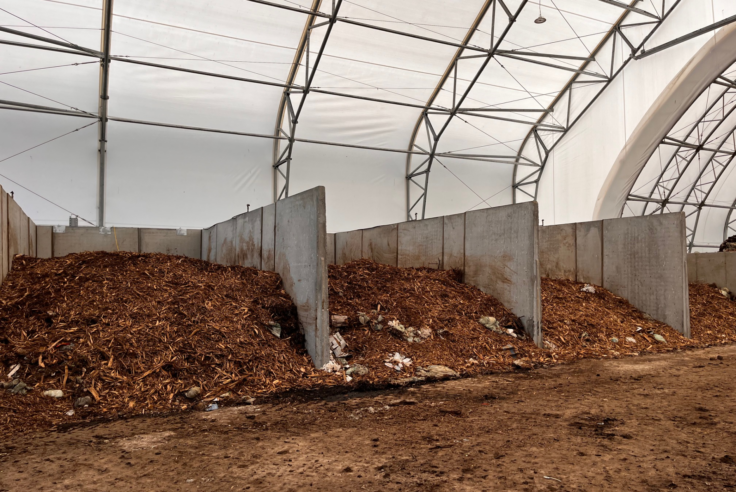
Blog Post
Why More Composters Are Recovering Food Scraps and...
Black Earth Compost and Glacial Ridge Composting Facility...
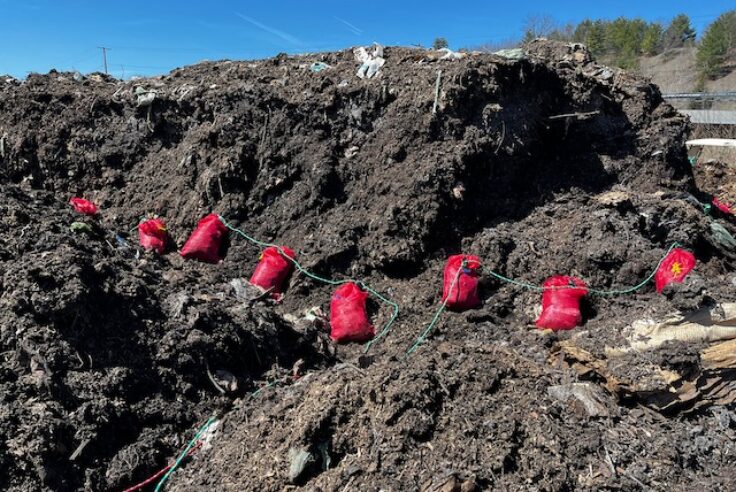
Blog Post
Does Compostable Packaging Actually Turn into Compost?...
In a joint interview, field testing experts, including...

Press Release
Composting Consortium Releases New Data to Compostable...
The new platform by the Compostable Field Testing Program...
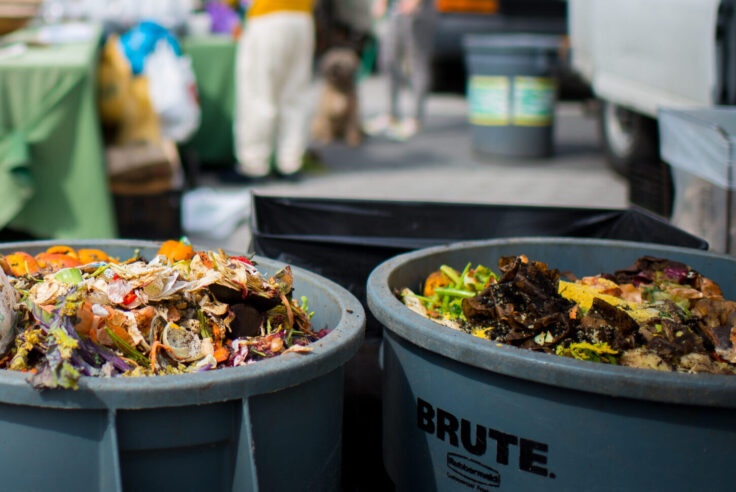
Press Release
How Can U.S. Composting Scale? Composting Consortium...
Municipalities and composters play a critical role...

Press Release
Does Compostable Packaging Actually Break Down? Composting...
Data in new report reveals that certified food-contact...
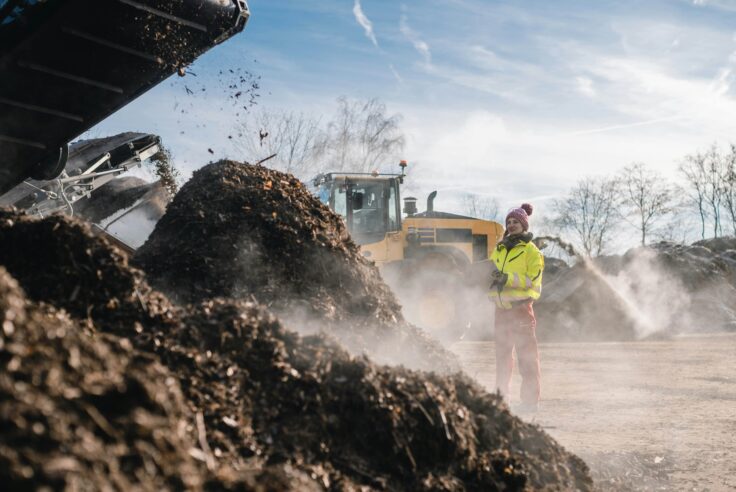
Press Release
First-of-Its-Kind Study by the Composting Consortium...
Commonly held assumptions about contamination were...

Blog Post
Many Americans Don’t Understand What to Do with Compostable...
As countries and corporations get one year closer to...
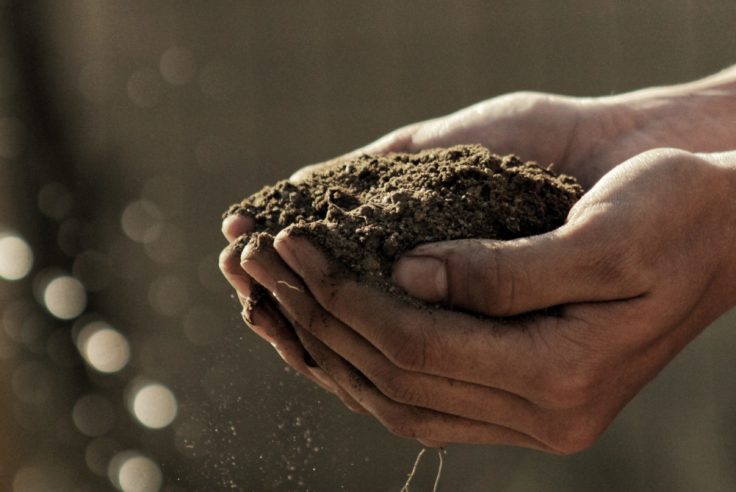
Press Release
Closed Loop Partners Joins Forces with U.S. Composters...
Data from the pilot will be shared to help shape international...
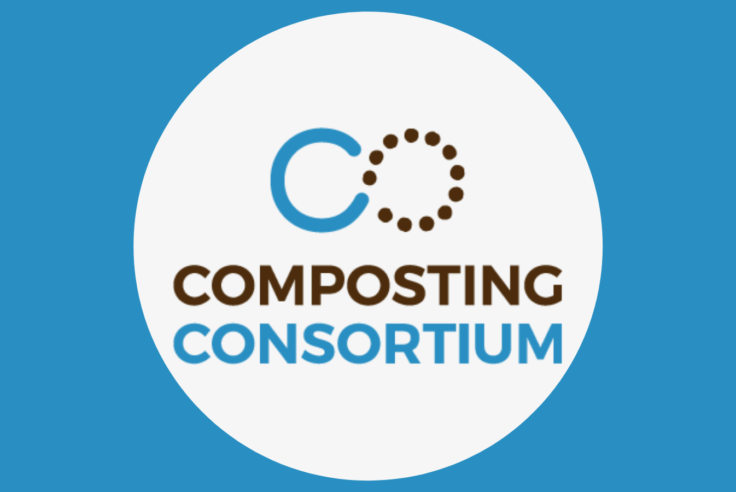
Press Release
Closed Loop Partners Collaborates with PepsiCo, the...
The new Composting Consortium aims to pilot industry-wide...
